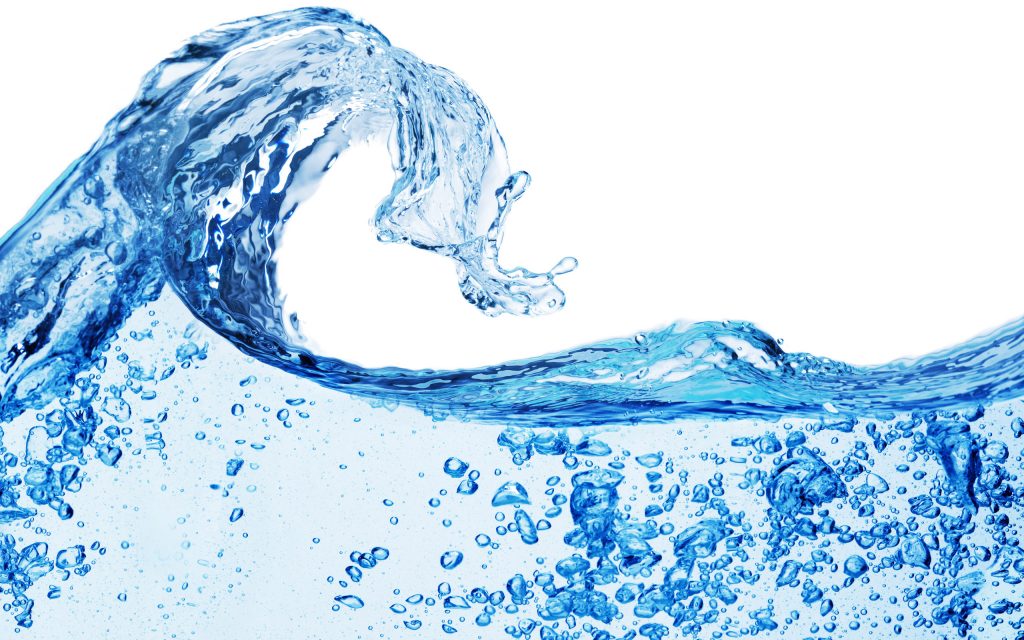<p>Along with air and light, water is one of the essential perquisites of life. They sustain our life and in fact, many creatures on Earth are composed mostly of water. On average, human is composed of about 70 percent of water. Some fruits, such as watermelon can contain much larger proportion of water, up to 93 percent.</p>
<p>Although Earth is essentially a water world, water that is appropriate for human consumption isn’t abundant and can be very difficult or impossible to find in some places. Many societies are experiencing scarcity of this enormously valuable resource. In fact, people who live next to a large rive or lake could find themselves deprived of appropriate water source for direct consumption. Even if germ and bacteria can be destroyed by heat, dangerous chemicals can still make water harmful for human.</p>
<p>Water easily dissolves everything it comes in contact with. One spoonful of sugar or salt would dissolve relatively quickly. This is one reason; clear, potable water is actually a very valuable resource. Traces of metals can also be found in contaminated water and they could cause symptoms of poisoning.</p>
<p>Unfortunately, we have seen the increasing use of man-made chemicals and they can dissolve quite rapidly in water. Many of these chemicals can harm our health. As an example, agricultural pesticide could enter nearby irrigation ditch and eventually to the river and wells.</p>
<p>The degree of contamination may not be large enough to cause immediate health effects, but these chemical could still lead to fatal consequences in a few years. We can improve the quality of water using proper treatment methods, such as boiling or filtration. Other more modern techniques include chlorination, ion exchange, ozonation, UV irradiation and reverse osmosis. Distillation is an ancient technique that can produce entirely pure water.</p>
<p>In reality, water in its purest form isn’t the healthiest and tastiest. Water should contain traces of beneficial minerals that nourish life and improve the taste of water itself.</p>
<p>There are broad categories of water based on different classifications. As an example, there are ground and surface water. Surface water is the easiest to obtain, but it can contaminated easily by industrial chemical, animal wastes or simply fine soil. Ground water is accessed through wells and usually less contaminated, except in urban areas. At the present time, clean water supply is among the most significant problems facing mankind.</p>
<p>Although industrialized have improved our quality of life, it worsen our life in some areas. In addition, the human population has continued to grow unabated due to improved health conditions and relatively more peaceful conditions, compared to previous centuries.</p>
<p>We need to drink at least 8 glasses of water each day and we should value each drop of it. The feeling of thirst should be a direct reminder of how valuable water is to our lives. Water is available in abundant quantity, but many stranded sailors died of thirst or salt poisoning in the middle of ocean.</p>

Back To Basic: Re-Examining The Value Of Water
